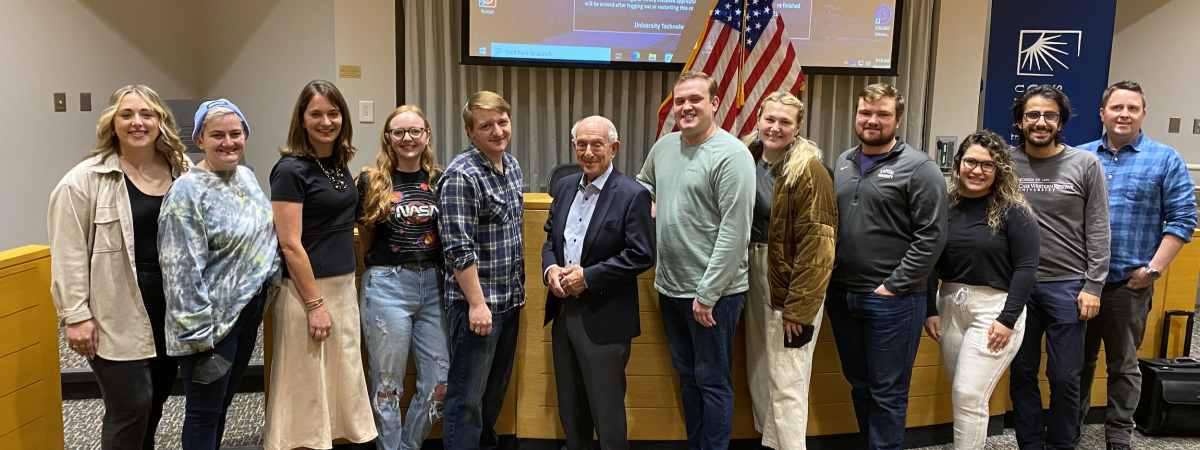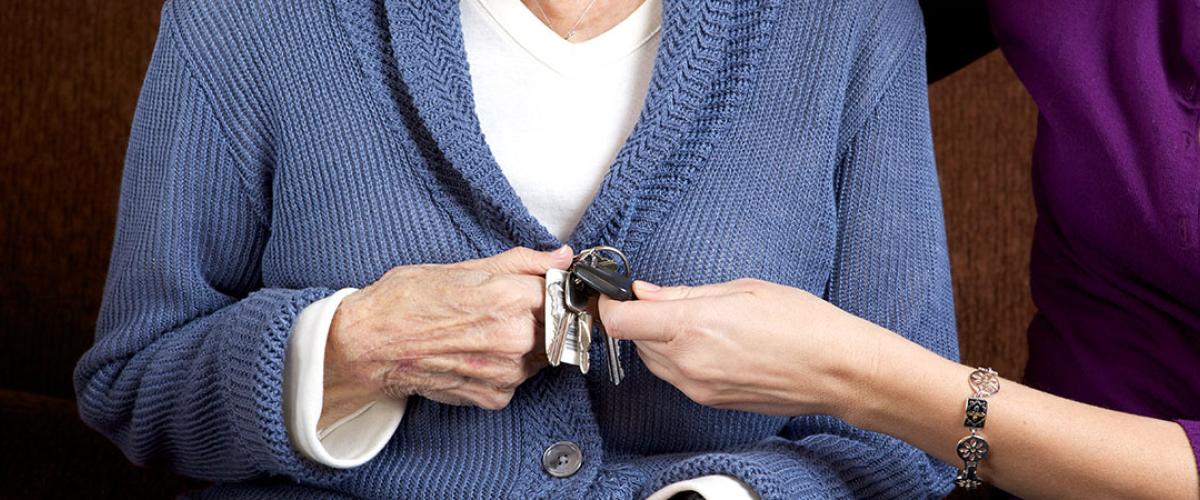LLEAP 3, the third component of the law school’s legal writing program, transforms the classroom into a law firm where students research, write, advise clients, negotiate, and advocate exactly as a junior business or litigation attorney would. Students in LLEAP 3-Litigation work on a hypothetical litigation proceeding from the initial client interview through opening statements at trial. Students in LLEAP 3-Transactions conduct the sale of a business, beginning with the term sheet and working through everything necessary to “close the deal.” The course is a component of the law school’s experiential curriculum and serves as a bridge from students’ first-year writing course to their third-year capstone experience.
One of the highlights of LLEAP 3 is the many opportunities it provides for students to meet and learn from practicing attorneys and judges. This semester, LLEAP 3 students heard from a wide variety of guest speakers who helped to draw connections between the lessons the students learned in class and the real world.
LLEAP 3-Litigation students learned deposition techniques from a true master, David Elk (’64). David is a Senior Partner of Elk & Elk and has represented thousands of personal injury, medical malpractice, and wrongful death victims for more than five decades. David encouraged students to “think outside the box” as they investigate their cases and to look for creative ways to find the evidence they need.
Luke Dauchot (’86), a partner at Kirkland & Ellis LLP, talked with litigation students about how to craft an effective opening statement. Luke has obtained some of the highest jury awards in venues throughout the country and is a fellow in the American College of Trial Lawyers, an elite honor bestowed on trial lawyers who have demonstrated the “highest standards of ethical conduct, professionalism, civility and collegiality.” He told students that their goal in opening statements is to “be the brighter beacon in the jury room.” Doing so, he explained, requires maintaining credibility and finding a theme early in the litigation that creates a logical, emotional, and empowering framework for the case.
Litigation students ended their semester by visiting with Judge Charles E. Fleming (’90), who was appointed to the United States District Court for the Northern District of Ohio in 2022 after serving as an Assistant Federal Public Defender for thirty years. Judge Fleming stressed the importance of credibility and preparedness. He encouraged students to be open minded throughout their careers, to look for opportunities, and to not be afraid to take chances. Drawing on his love of baseball, he reminded them that “you can’t hit the ball if you don’t take a swing.”
As one local attorney suggested, exposure to title matters would be valuable for students who want to do transactions involving real estate. Fall semester LLEAP 3-Transactions students got just that when Linda Green and Jamie Chapman of Chicago Title Insurance Company presented to the class as part of its “Closing” module. Linda, the Commercial Transactions Manager at Chicago Title, discussed title insurance and the title documents necessary to close a commercial transaction. She also discussed some current issues that students might encounter in practice. After Linda’s presentation, the class went on to prepare all the documents necessary to close this semester’s deal.
In reflecting on what he learned from each of the speakers this semester, 2L Trey Quillin noted the “unique personality and background that they brought to the discussion.” Seeing the authenticity of each of these successful attorneys inspired him to “keep sight of [how] my skills and background fit into my practice.”
“We so appreciate when practitioners and judges take time out of their busy schedules to talk to our classes,” says Professor Jennifer Cupar, who teaches LLEAP 3-Litigation. “I love watching students see the connections between the things we’ve been learning in class to what the speakers are doing in practice.”





